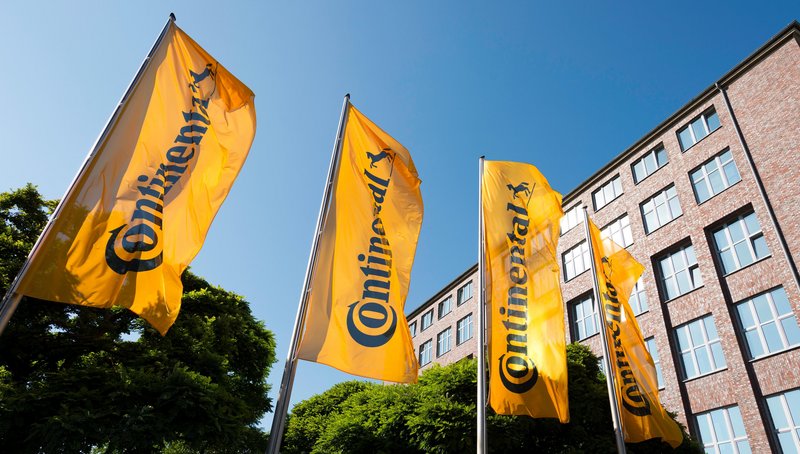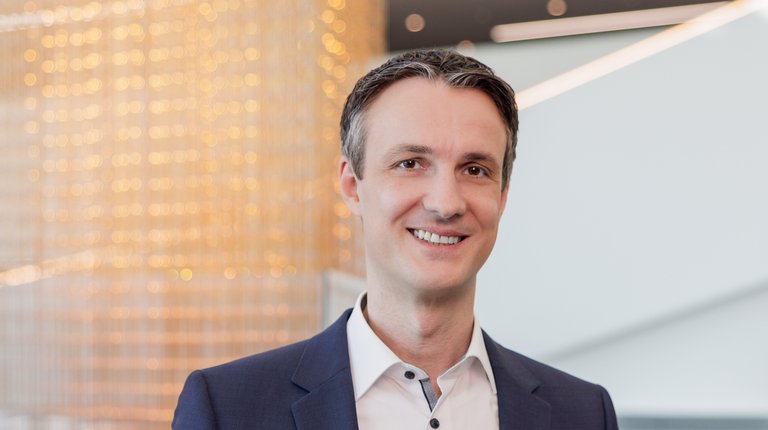Continental to Expand Structural Program and Save More than One Billion Euros Per Year
- Full amount of gross annual savings to be achieved by 2023
- All central functions and business units to contribute at locations in Germany and abroad
- Overall, expanded structural program expected to affect approximately 30,000 jobs worldwide in the future, including about 13,000 in Germany
- Exploratory talks now entering a decisive phase
- CEO Dr. Elmar Degenhart: “Our future organizational structure, our reorganized worldwide manufacturing network, and a cost structure in line with the lower level of vehicle production: taken together, this will give us sufficient room to maneuver and the vital resources we need to return to fast, profitable and sustainable growth with the relevant future technologies.”
Hanover, September 1, 2020. Continental is expanding the Transformation 2019–2029 structural program it initiated in 2019 with additional measures to cut costs and increase efficiency. The program in general is aimed at ensuring the company’s viability and strengthening its global competitiveness over the long term. As announced today in Hanover, the goal is to achieve gross annual savings now totaling more than €1 billion from 2023 onwards. The Hanover-based company is thus further increasing its previous savings target, which it has already announced on several occasions, by slightly more than €500 million. The reasons for this include the persistently low global vehicle production as well as the deepening economic crisis as a result of the coronavirus pandemic. The company does not expect the vehicle production to return to the pre-crisis levels of 2017 before 2025.
“The entire automotive industry is currently faced with enormous challenges. It has not experienced a larger, more severe crisis in the past 70 years. This crisis is hitting suppliers particularly hard. It will demand a lot from us in the short term and push us to our limits in the coming years. After roughly a decade of fast, profitable growth and workforce expansion in line with the growth model of the automotive industry at that time, we are now gearing our operations to a new kind of growth with future technologies. That is why we are in intensive discussions with employee representatives to find the most sustainably effective solutions and strike a balance with the interests of our workforce,” said Continental CEO Dr. Elmar Degenhart.
All central functions and business units are contributing to the targeted savings and optimizations at all locations in Germany and abroad. Subject to the approval by the Supervisory Board, the strategy includes the bundling of production, research and development tasks at the most competitive locations worldwide as well as portfolio adjustments.
In addition, the company is pushing ahead with the automation of its processes, with for instance Industry 4.0, as well as providing greater work flexibility and cutting labor costs. Furthermore, business operations that are persistently unprofitable are to be sold.
Parts of this strategy will likely lead to the relocation or closure of facilities and operations at locations where costs are persistently too high, where technologies are becoming obsolete, or where production capacities cannot be utilized profitably in the medium and long term.
Overall, Continental expects that the planned changes from the ongoing structural program, which was initiated in September 2019 and has now been expanded, will all in all likely affect approximately 30,000 jobs directly worldwide in the future. These will be modified, relocated, or made redundant. About 13,000 of those jobs are located in Germany, and a further major portion in countries which also have high labor costs. 90 percent of the targeted adjustments should have been completed by 2025.
Continental currently employs more than 232,000 people worldwide, including about 59,000 in Germany. Between 2010 and today, following the previous crisis, the number of jobs at Continental grew by some 84,000 worldwide, about 13,000 of which were in Germany.
The company had originally announced measures in September 2019 that would have affected up to 20,000 jobs worldwide, including some 7,000 in Germany. A portion of the transformation program has already been completed, directly affecting some 3,000 jobs worldwide since the end of September 2019.
This does not take into account the number of jobs that will be created by contrary positive effects in the coming years, such as from the targeted growth in the future fields of mobility. These include technologies and software for digitalization, assisted and automated driving as well as zero-emission mobility.
More efficient structures for greater room to maneuver
“Our aim is to maintain our position among the global elite when it comes to the providers of top technologies and top software for mobility. To this end, we are focusing on maximizing our competitiveness at all locations while concentrating fully on our growth areas. Our future organizational structure, our reorganized worldwide manufacturing network, and a cost structure in line with the lower level of vehicle production: taken together, this will give us sufficient room to maneuver and the vital resources we need to return to fast, profitable and sustainable growth with the relevant future technologies. We are now deciding upon the necessary steps,” Degenhart said.
Dr. Ariane Reinhart, Continental’s Executive Board member for Human Relations, added: “The exploratory talks we have been holding for some time in Germany are now entering a decisive phase. The more we all save intelligently when it comes to costs in the long term, the more jobs we will safeguard together in the medium and long term.” She once again confirmed how the company would be proceeding with the upcoming decisions and their implementation: “We are staying true to our culture. Our principle is to undertake these changes in a balanced and fair manner, in line with our values – such that the changes strengthen our long-term success and innovative prowess.” Reinhart stressed: “Offering employment protection in these times would not be fair to employees as we cannot guarantee it.” The company will announce the results of the talks once they have been completed.
Reduced working hours as well as further training as a bridge to the post-crisis period
In this context, Reinhart pointed out the willingness of the company to discuss innovative methods such as reduced working hours and simultaneous further training. “In our talks, we are looking for sustainable solutions that go beyond the short term. We are striving to draw up a plan together as a bridge to a successful future.”

